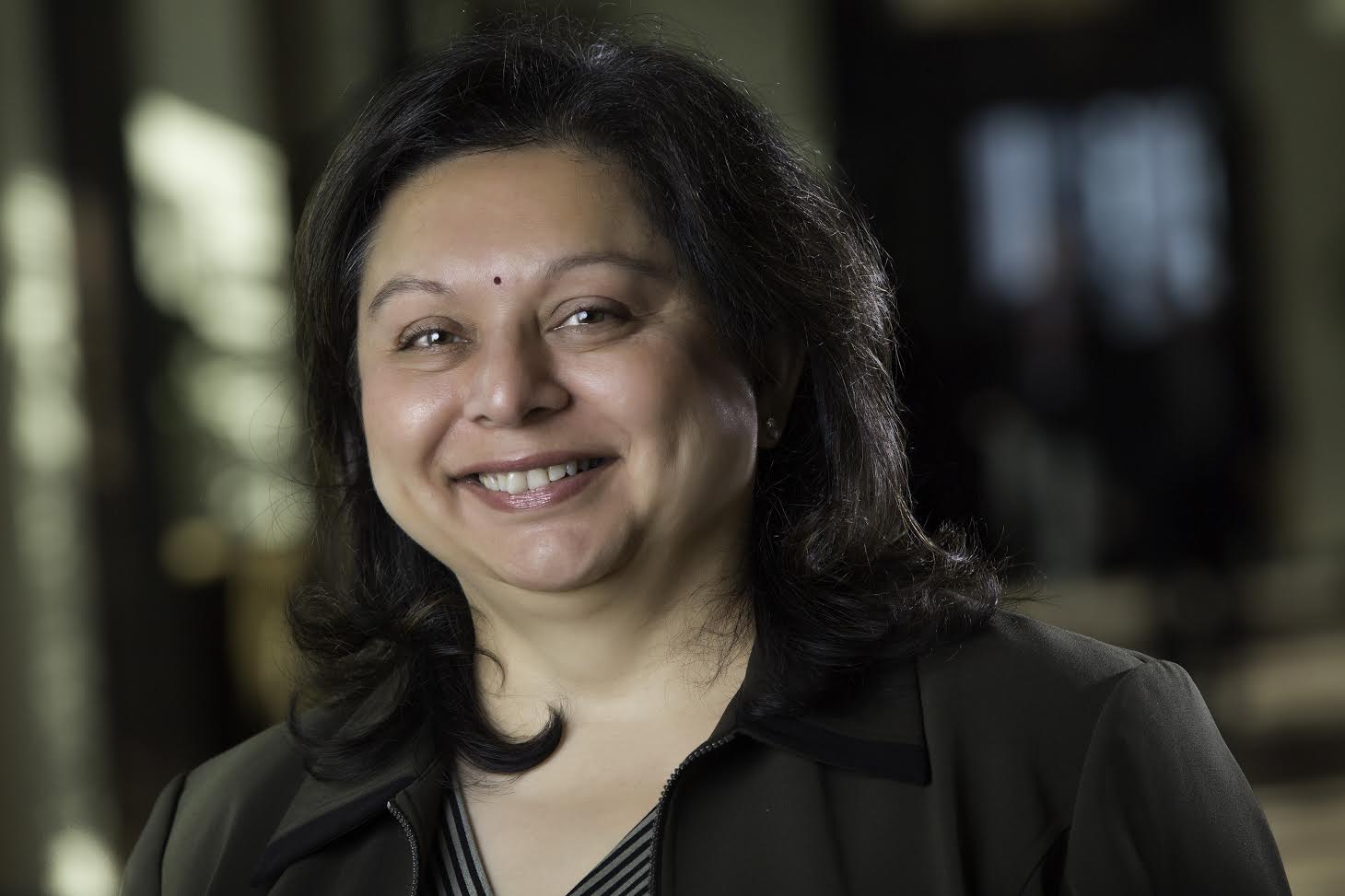The healthcare industry looks substantially different today than it did several years ago. Healthcare facilities are tasked with complying with more regulations to gain accreditation. Anesthesiologist Meena Desai, MD, board chair of AAAHC and managing partner for Nova Anesthesia Professionals in Villanova, Pa., has seen the industry evolve and understands the value accreditation holds in improving center's outcomes.
Here are four key thoughts:
1. Accreditation can help the industry take back control. Although an accreditation advocate now, Dr. Desai wasn't as confident about its value six years ago. In June 2010, Dr. Desai wrote an article published in American Society of Anesthesiologists' newsletter titled, "Why is Everyone Trying to Accredit My Office-Based Practice?" In the article, she questions whether all the requirements necessary for accreditation were improving the industry, especially as many small practices and ambulatory surgery centers have limited resources at their disposal.
"Things were changing very fast in the ambulatory setting," Dr. Desai says. "Accreditation takes time and effort, and it wasn't clear that care was better just because the center was accredited."
Today, Dr. Desai sees increasing value in accreditation because centers can use accreditation as a way to improve practices, rather than viewing the process as an imposed nuisance. Ultimately, medical mistakes are still happening in the surgery center space, and they are not rapidly improving. In May 2016, CMS released the results for its 2014 Ambulatory Surgical Center Quality Reporting Program, which cited the states with the highest rates and lowest rates for wrong site, side, patient, procedure and implant. The national average for the aforementioned sentinel events was 0.028, only slightly down from the 2013 average of 0.039.
"This number should be zero and we haven't made much of an improvement," Dr. Desai says. "The medical field is all about high stakes, high costs and high regulation. The industry needs to take control as lawmakers and consumers are holding providers responsible."
Dr. Desai suggests centers employ a strategy in which they use accreditation to make themselves accountable, which will give them this necessary control. As consumers become increasingly cost-conscious and shop around for services, successful centers will continually work to improve accountability and patient outcomes.
2. Centers can use accreditation as a tool for change to reap success. AAAHC accredits a variety of facilities, including student health centers, military facilities, health plans and ASCs. This year, Dr. Desai visited a state university student health center with a relatively large student population ranging from 20,000 to 30,000 students. The center's goal was to provide health coverage for all their students, and sought accreditation as a means to effect this change. After devising a plan to achieve accreditation, the state saw the work the center was doing and provided the center a $10 million grant to build a brand new facility that provided students health education and services. Going forward, the student health center can highlight the new facility, and the measured student health outcomes to recruit students. Accreditation helped the student center in a variety of ways, but gaining accreditation is no simple feat.
"You have to be dedicated to getting accredited," Dr. Desai says. "This is not something you fill out a couple forms for. You have to believe in it. It is a top down process that must permeate the entire culture for greatest success."
3. ASCs can make accreditation their own. To help centers implement changes necessary to achieving accreditation, AAAHC lays out standards and processes. However, centers that are the most successful make these processes their own. What works for one center may not apply to another, and centers should take their own culture and patient population needs into account when working toward accreditation.
"Our standards are not overly prescriptive. They give necessary basic ideas and outlines for a center. The standards and process are developed by a comprehensive panel of specialists and patient safety experts. The magic happens when you see how you can apply them to what works in your facility," Dr. Desai says.
Featuring evidence-based guidelines and communication patterns, the framework AAAHC provides organizations gives them the "instructions centers can use to infuse throughout their entire organization," Dr. Desai notes.
4. AAAHC encourages centers to perform benchmarking studies. Benchmarking allows surgery centers to assess how they are doing in relation to other centers throughout the nation. AAAHC also provides centers information on how to analyze their data and use it to drive change to improve their center's processes. As healthcare propels forward, facilities will face more regulation and reporting requirements in a value-based care payment model.
"The turn has been made, and accreditation is not something we are going to get away from," Dr. Desai says. "We should embrace change to help us improve our outcomes."
